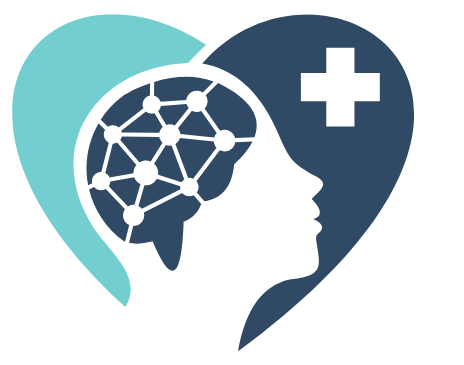Dialectical Behavioral Therapy (DBT) has been developed over recent decades to treat individuals with intense emotions. The founder of DBT is Dr. Marsha Linehan, and you can find many of her videos and books online which describe the DBT philosophy, skills, and treatment model. Dr. Linehan specifically developed DBT as a treatment for borderline personality disorder (BPD), but research has found that DBT is also helpful for other problems including self-harm, suicidal thoughts, PTSD, addiction, and eating disorders.
What Does Dialectical Mean?
The term dialectical refers to a philosophical concept involving the balance between opposites. One of the primary principles of DBT is the balance between contradictions, especially between acceptance and change. In DBT, clients work on better accepting themselves and their emotions as they are, while also working on behavioral changes.
Sometimes, our mind can get stuck in black-and-white thinking where we tell ourselves I am either a success or a failure, instead of allowing both realities to be true at the same time (when we learn from failures we are successful, for instance). Other examples of dialectical thinking could include I love you and I hate you, things are different but also the same, life is meaningless but also meaningful, etc. DBT philosophy is also influenced by concepts from Zen Buddhism and Eastern spiritualities, such as mindfulness meditation practice.
What is the difference between DBT and CBT?
There are many similarities and differences between DBT and cognitive behavioral therapy (CBT). Both approaches stress the importance of working in partnership with your therapist to achieve goals, both focus on learning skills for changing thoughts and behaviors, and both focus on mindfulness of the present rather than analyzing the past.
Both CBT and DBT involve homework and learning new concepts in session, but full-model DBT includes individual therapy in combination with group sessions. Another difference is that DBT balances change with acceptance of ourselves. Full-model DBT programs are also very structured and require written contracts from clients that they will commit long-term to their treatment.
What Will I Learn in DBT?
DBT teaches clients four categories of skills, including mindfulness, distress tolerance, emotion regulation, and interpersonal effectiveness skills. Some of the specific skills you will learn in DBT include:
- How to identify and label thoughts and emotions without judgement
- How to focus your attention in the present moment on your body sensations and your breathing
- How to regulate intense emotions during times of distress
- How to redirect urges to self-harm and self-destructive behaviors
- How to transform negative emotions and cultivate positive ones
- How to balance black-and-white thinking to achieve balance and acceptance of ourselves and others at the same time
- How to evaluate relationships, maintain healthy boundaries, and get emotional needs met in relationships effectively
- How to invest in meaningful experiences to achieve happiness and satisfaction
What are DBT Sessions Like?
DBT treatment is offered in two ways, through individual counseling, or through full-model programs that include individual sessions, group sessions, and coaching calls between sessions. Individual DBT therapy sessions usually last 50-60 minutes once per week, and group sessions usually last 1-2 hours per week. During these sessions, you and your therapist will explore DBT concepts including commitment to treatment, identifying behavioral targets for change, tracking your moods and behaviors, and learning skills for regulating emotions, improving relationships, and tolerating distress. Other issues that are often addressed in individual sessions include reducing behaviors that interfere with therapy and treatment, and reducing behaviors that negatively affect your quality of life.
The primary goal for DBT is to resolve life-threatening behaviors and achieve a life worth living. The usual course for DBT treatment is 1 year, but full-model programs often require a 2 year commitment.
Other Resources
There are many resources for learning more about DBT skills. One helpful resource is the website DBTselfhelp.com, the popular Podcast “DBT and ME” and the official DBT training website, Behavior Tech. You can also find DBT workbooks and therapy materials, including diary cards, online through Behavior Tech. To connect with a DBT therapist near you, you can visit PsychologyToday.com or BetterHelp.com.

